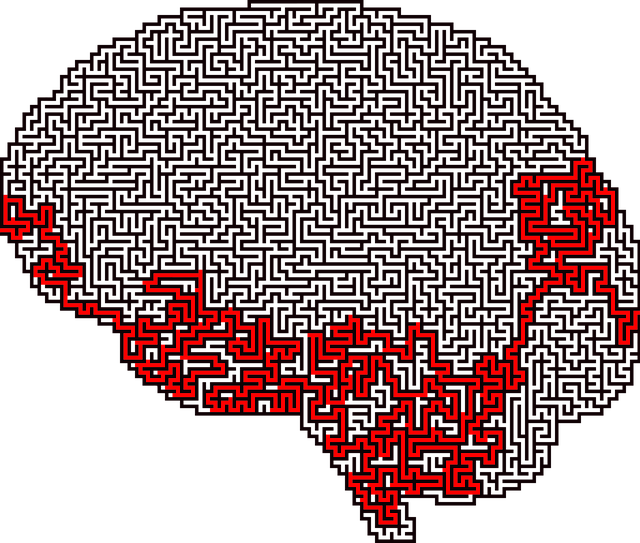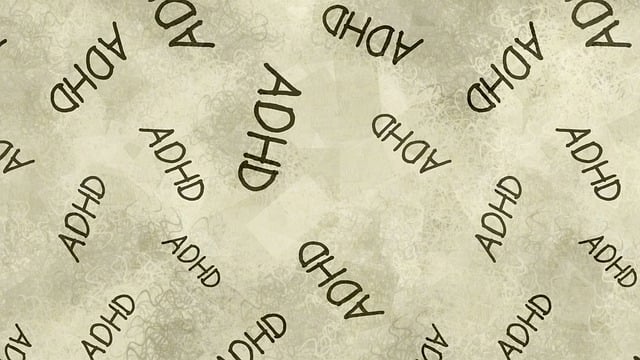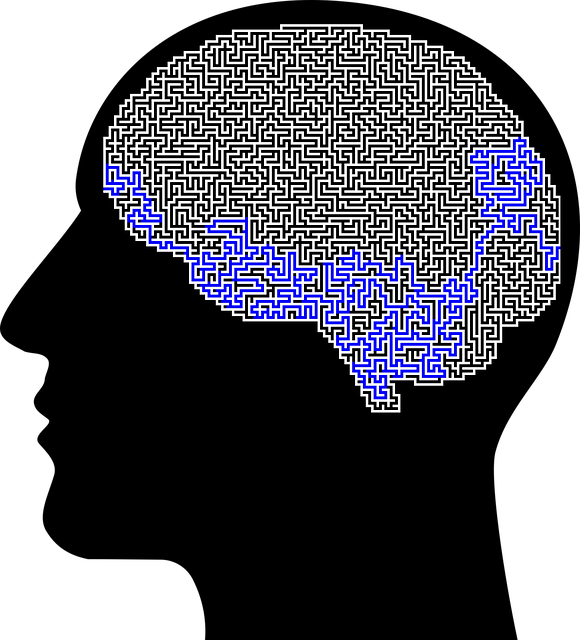Wheat Ridge Anxiety Therapy prioritizes patient safety through comprehensive risk assessment, examining personal history, context, and mental health for tailored treatment plans. They address unique challenges posed by anxiety disorders, fostering a supportive environment with self-care routines, conflict resolution skills, and the Mental Wellness Podcast Series. Their inclusive approach extends to community outreach and provider training, ensuring cultural competency and accessibility across diverse populations.
Mental health professionals are constantly navigating complex landscapes, and risk assessment is a vital tool in ensuring patient safety. This comprehensive guide explores the critical aspects of risk management within the context of Wheat Ridge Anxiety Therapy. From understanding the fundamentals of risk assessment to addressing unique challenges specific to anxiety therapy practices, we delve into effective strategies. By implementing these insights, professionals can enhance their ability to predict and mitigate risks, fostering a safer environment for both practitioners and clients.
- Understanding Risk Assessment in Mental Health Practice
- Unique Challenges at Wheat Ridge Anxiety Therapy
- Strategies for Effective Risk Management
Understanding Risk Assessment in Mental Health Practice

Risk assessment is a crucial aspect of mental health practice, enabling professionals like those at Wheat Ridge Anxiety Therapy to proactively identify and mitigate potential risks to patients’ well-being. It involves a comprehensive evaluation of various factors that may impact an individual’s mental health, including their personal history, current circumstances, and the nature of their psychological conditions. By conducting thorough risk assessments, healthcare providers can develop tailored treatment plans that address specific vulnerabilities and promote positive outcomes.
This process is not merely a one-time task but an ongoing practice that requires regular review and adaptation. In addition to direct patient care, mental health professionals play a vital role in community outreach programs and healthcare provider cultural competency training, ensuring that they and their services are accessible and effective for diverse populations. A well-executed risk assessment forms the basis for these initiatives, fostering a more inclusive and responsive mental health ecosystem.
Unique Challenges at Wheat Ridge Anxiety Therapy

Wheat Ridge Anxiety Therapy faces unique challenges due to the inherent sensitivity and complexity of anxiety disorders. As a specialized therapy center, they navigate the delicate balance between providing effective treatment and ensuring the well-being of their clients. The demanding nature of anxiety therapy can lead to burnout if not properly addressed. Therapists must manage intense emotional experiences, often dealing with traumatic memories and strong reactions from individuals seeking relief. This requires robust self-care routine development for better mental health, as therapists play a pivotal role in guiding others towards healing.
Furthermore, conflict resolution techniques are essential tools at Wheat Ridge. As anxiety can manifest in interpersonal difficulties, therapists must be adept at mediating disputes and promoting healthy communication. The center’s Mental Wellness Podcast Series Production also serves as an innovative approach to reach a wider audience with evidence-based strategies for managing anxiety. By combining these methods, Wheat Ridge Anxiety Therapy strives to create a comprehensive support system tailored to the unique needs of its clients.
Strategies for Effective Risk Management

Mental health professionals, like those at Wheat Ridge Anxiety Therapy, face unique challenges when it comes to risk management due to the sensitive nature of their work. Effective strategies for mitigating risks involve a multi-faceted approach. Firstly, establishing robust client assessment protocols is paramount. This includes thorough intake interviews and ongoing monitoring to identify any changes in client presentation or circumstances that may indicate heightened risk.
Professionals should also prioritize self-care practices to maintain emotional resilience and prevent burnout. Regular supervision, peer support, and engaging in mental wellness journaling exercises can provide guidance for navigating complex cases. Additionally, providing clients with tools for emotional regulation, such as mindfulness techniques, can enhance their coping abilities and reduce the likelihood of crises.
Mental health professionals, like those at Wheat Ridge Anxiety Therapy, operate in a complex environment that necessitates thorough risk assessment. By understanding unique challenges and implementing effective strategies for risk management, practitioners can enhance client safety while delivering quality care. This structured approach ensures that potential risks are identified and mitigated promptly, fostering an environment where clients feel secure and supported on their journey to improved mental well-being.














